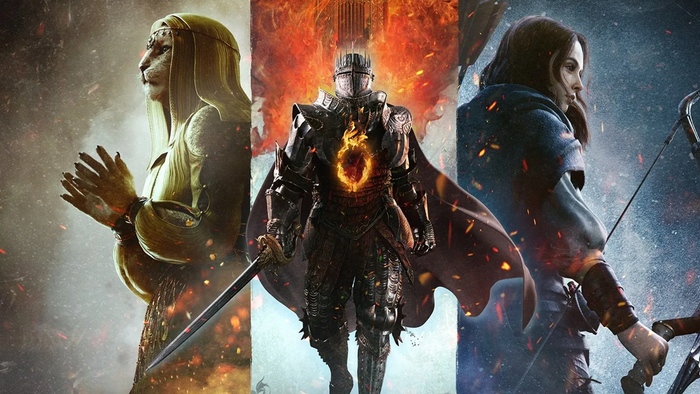Today we released the first version of Magic Maze, our first-person maze geolocation game for GPS-enabled Android devices. What's a 'first-person maze geolocation game"? Well, it the kind of game that you play holding a GPS-enabled phone in your hands ...

I want to share a few notes on the design of our latest game, Magic Maze. I hope you will find them useful.
Today we released the first version of Magic Maze, our first-person maze geolocation game for GPS-enabled Android devices. What's a 'first-person maze geolocation game"? Well, it the kind of game that you play holding a GPS-enabled phone in your hands while the code displays primitive pictures and bosses you around in its imaginary game space that uses real-life surroundings as its game board.
As many other concepts too richly sprinkled with buzzwords for their own good, first-person maze geolocation games are easier to understand when you try them than when you try to understand their written explanations.
All you have to have to do to play Magic Maze is download the game, find an outdoor open space approx. 70m x 70m, stand in the middle of it, start the game and try to reach the yellow exit square. Sounds too easy? Don't be deceived by the simplified graphics. If you decide to finish the game, it will provide you with plenty of healthy exercise.
Magic Maze is as much a fun, outdoors game that helps you loose a few pounds in a much more enjoyable way than, say, Wii Fit as it is an experiment in game design. We were looking for an answer to a the age-old question, "What make a game enjoyable?" We wanted to know how simple can a game get and still be playable, still present a challenge worth the player's effort. And we wanted to throw geolocation into the mix.
When I sat to design Magic Maze I laid out five simple rules:
The game cannot use more than 8 colors — we wanted to have a working game that we could ship at any time without having to wait for the artists to render their visions. As a side effect, we discovered that even the dull winter sun washes out most colors off the smartphones' screens, so it wasn't worth the effort to spend time and money fighting for each pixel. Just use primary colors cranked up to the max and use a black background for high contrast.
The game must be immune to the randomness of the GPS signal — yes, the GPS system is capable of amazing accuracy, but the GPS receivers built into mobile phones are not quite the most accurate ones in the world. Also, there is a lot of interference added to the signal between the GPS satellites and the receiver, which is why you cannot rely on it for very accurate targeting that you need in a game in which you are asking people to walk back and forth with their eyes glued to their smartphone's screen.
The game must be independent of the player's location — it seems a bit odd, but only at first glance. What makes Magic Maze fun is the fact that it is not tied to any single geographical location. See a patch of land, 70m x 70m? Can play Magic Maze. If we tied it to someplace famous, we'd make it boring.
The game must set the right mood — desktop and console game developers have it relatively easy—their creations are played in fairly controlled and predictable environments. Developers of games that use geolocation the way Magic Maze does, don't have that luxury. All we have to rely upon are the few cues we can present using the tiny screen and even tinier speaker plus a clever use of phone vibration. But, as it turned out, we managed to engage players' attention and imagination precisely because we let their imagination roam free by imposing as little pre-defined limits and pre-defined interpretations as possible. We don't describe the detailed looks of the maze, don't suggest it the time the game takes place in, etc. That way everybody has a chance to become a co-creator of the game's universe.
The game's instructions must fit on a single page of a ZX Spectrum cassette tape game box inlay — if the games we played in the eighties teach us anything it is that the shorter the game's description, the more fun it would be.
In the end, I am pleased with the result and plan on releasing regular updates, which will bring very interesting functionality to the game's bare bone implementation.
Read more about:
BlogsAbout the Author(s)
You May Also Like









